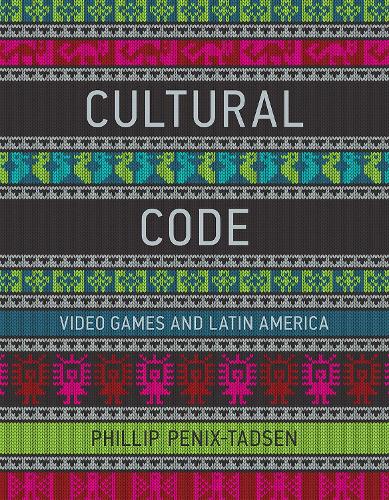
Cultural Code: Video Games and Latin America
(Hardback)
Publishing Details
Cultural Code: Video Games and Latin America
By (Author) Phillip Penix-Tadsen
MIT Press Ltd
MIT Press
12th February 2016
United States
Classifications
Professional and Scholarly
Non Fiction
306.487
Physical Properties
Hardback
344
Width 178mm, Height 229mm, Spine 17mm
Description
How culture uses games and how games use culture- an examination of Latin America's gaming practices and the representation of the region's cultures in games.Video games are becoming an ever more ubiquitous element of daily life, played by millions on devices that range from smart phones to desktop computers. An examination of this phenomenon reveals that video games are increasingly being converted into cultural currency. For video game designers, culture is a resource that can be incorporated into games; for players, local gaming practices and specific social contexts can affect their playing experiences. In Cultural Code, Phillip Penix-Tadsen shows how culture uses games and how games use culture, looking at examples related to Latin America. Both static code and subjective play have been shown to contribute to the meaning of games; Penix-Tadsen introduces culture as a third level of creating meaning. Penix-Tadsen focuses first on how culture uses games, looking at the diverse practices of play in Latin America, the ideological and intellectual uses of games, and the creative and economic possibilities opened up by video games in Latin America-the evolution of regional game design and development. Examining how games use culture, Penix-Tadsen discusses in-game cultural representations of Latin America in a range of popular titles (pointing out, for example, appearances of Rio de Janeiro's Christ the Redeemer statue in games from Call of Duty to the tourism-promoting Brasil Quest). He analyzes this through semiotics, the signifying systems of video games and the specific signifiers of Latin American culture; space, how culture is incorporated into different types of game environments; and simulation, the ways that cultural meaning is conveyed procedurally and algorithmically through gameplay mechanics.
Author Bio
Phillip Penix-Tadsen is Assistant Professor of Spanish in the Department of Languages, Literatures, and Cultures at the University of Delaware.
